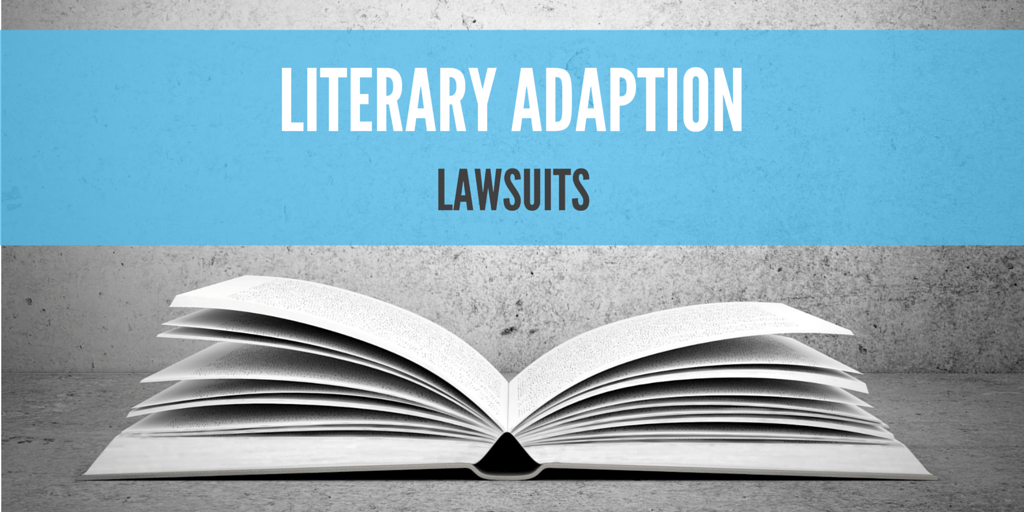
Literature and film are much like brother and sister. The two entities share the same narrative art, and often work in tandem to thrill audiences. However, brothers and sisters are known to fight.
The onslaught of literary adaptation lawsuits sheds light on the reality of author versus director legal battles. If you’re about to pen a screenplay based on a novel, or you’ve already started making your adaptation, pay close attention to this article.
When it comes to literary adaptation, you need proactive legal protection that ensures all contracts are ironclad and you won’t end up paying hefty legal fees.
Many authors are known to hate the movies made from their books—Anthony Burgess hated A Clockwork Orange, and Stephen King didn’t think much of The Shining. (Poor Stanley Kubrick.)
But what if that dissatisfaction moves into the lawsuit realm? It happens.
The October Sky Lawsuit
Homer Hickam, the author of October Sky, is producing a musical theater piece based on his novel. Universal, who made a 1999 film adapted from the original book, has filed suit against the author.
The author and famous NASA engineer who overcame the poverty of his hometown is now being sued by Universal. The reason: he used a book he wrote to create another artistic work.
According to Universal, their production house owns the relevant rights to the source material; it doesn’t belong to the author who wrote it. 20 million dollars hangs in the balance—no small sum, even for a tremendous production company or a space engineer and author.
This is a multifaceted case: breach of contract and fraud are listed among the complaints. In Hickam’s words “[Universal Pictures] has taken the completely fallacious position” that the rights to the source material were given to the studio.
The trial is ongoing. While Universal might have the working capital to pay this fine should they lose, it’s unlikely that indie filmmakers have that kind of cash lying around.
This lawsuit sheds light on an often-overlooked matter in the world of film production:
Your relationships matter.
Undoubtedly, you will form relationships during production. These relationships, when handled properly, turn into contractual agreements—especially as ownership changes hands.
Copyright ownership and chain of title transference poke holes in any “lawsuit proof” film. This is one reason in a very long list that proper film clearance is so vital to a project’s success.
Any unexpected lawsuit can shut down any film, television series, if it rears its head. Of course, it’s not only your contracts that could lead to legal peril.
Your inspiration matters.
As an artist, you will unconsciously draw from a wealth of inspiration. Books and other films provide a guiding light and a spark of creativity. However, this inspiration might also land you in court.
Lawsuits come from both sides. Authors sue filmmakers, and filmmakers sue authors. Artists are quite protective of their work, so tension and creative differences can easily develop into legal disputes.
A complete clearance package will allow you to make your work in relative peace.

